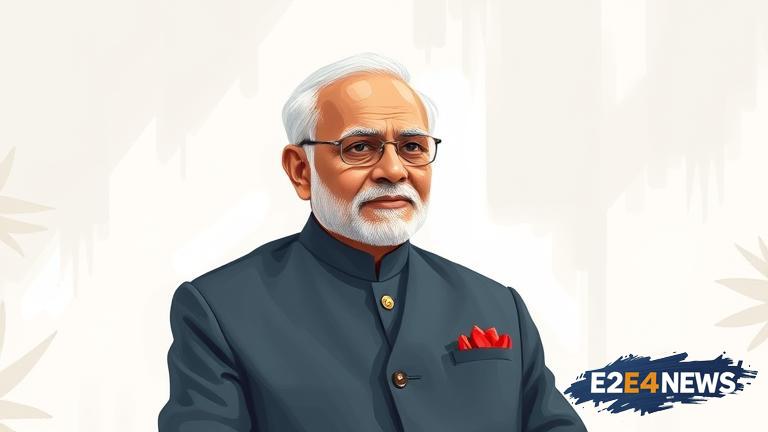The Vice President of India is the second-highest constitutional office in the country, after the President. The Vice President is elected by an electoral college consisting of members of both Houses of Parliament, in accordance with the provisions of Article 55 of the Constitution. The Vice President serves a five-year term, which is coincidental with the term of the President. The primary role of the Vice President is to act as the ex-officio Chairman of the Rajya Sabha, the Upper House of Parliament. In this capacity, the Vice President presides over the proceedings of the Rajya Sabha and ensures that the business of the House is conducted in a smooth and efficient manner. The Vice President also has the power to cast a tie-breaking vote in the event of a deadlock in the Rajya Sabha. However, the Vice President does not have the power to vote on any matter, except in the case of a tie. The Vice President is also a member of the Indian Parliament and can participate in debates and discussions, but does not have the right to vote. The Vice President is not directly involved in the executive decision-making process, but can provide advice and guidance to the President and the Council of Ministers. The Vice President also has ceremonial and symbolic duties, such as attending official functions and receiving foreign dignitaries. Despite not being directly involved in executive decision-making, the Vice President plays a crucial role in the country’s governance, particularly in the event of a vacancy in the office of the President. In such an event, the Vice President assumes the office of the President and serves as the acting President until a new President is elected. The Vice President can also be called upon to discharge the functions of the President in the event of the President’s absence or incapacity. The Office of the Vice President is a constitutional position that is designed to provide a check and balance on the powers of the President and the executive. The Vice President is also responsible for upholding the Constitution and ensuring that the government of the day is acting in accordance with the provisions of the Constitution. The Vice President has the power to seek information from the government on any matter of public importance and can also make recommendations to the government on matters of national interest. The Vice President is also the Chancellor of several universities and institutions, and has the power to appoint and remove the Vice-Chancellors of these institutions. The Vice President is also a member of several important committees and bodies, such as the National Integration Council and the Central Advisory Board of Education. The Vice President plays a crucial role in promoting national integration and unity, and in fostering a sense of patriotism and national pride among the citizens of India. The Vice President is also responsible for promoting the interests of the country and its citizens, both domestically and internationally. The Vice President has the power to make representations to the government on matters of public importance, and can also make recommendations to the government on matters of national interest. The Vice President is a symbol of the country’s rich cultural heritage and diversity, and plays a crucial role in promoting and preserving the country’s cultural traditions and values. The Vice President is also a source of inspiration and guidance for the citizens of India, particularly the youth, and plays a crucial role in promoting and fostering a sense of national pride and patriotism among the citizens of India.
